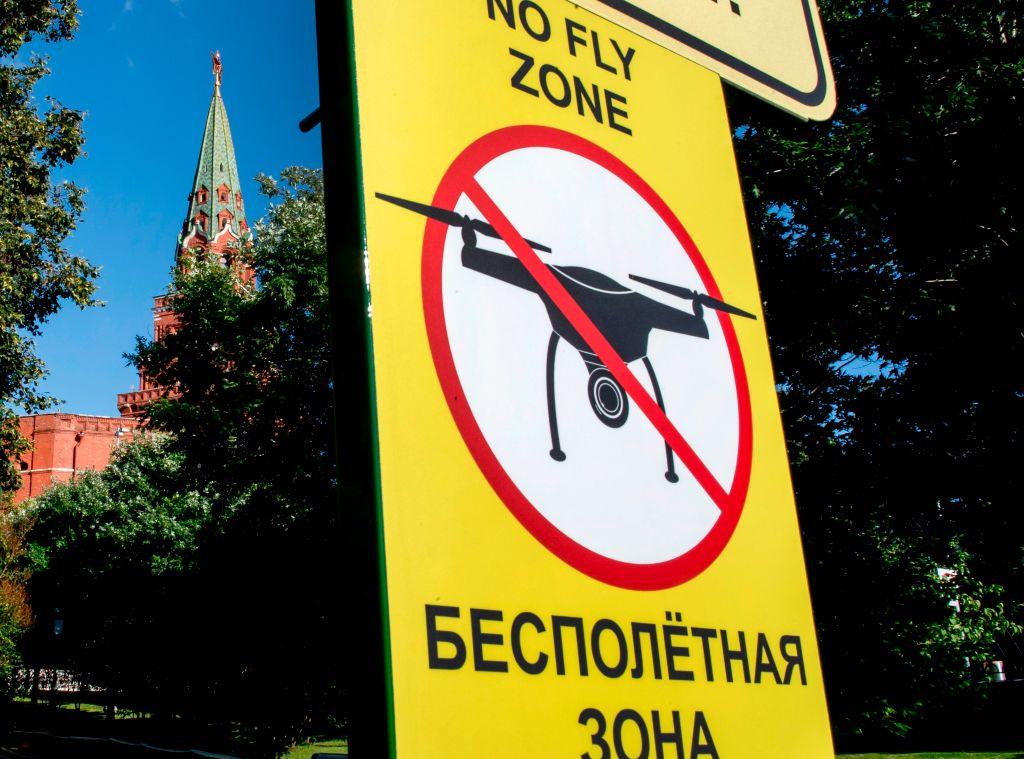Russia manipulates GPS signals to protect Vladimir Putin from rogue drones, report reveals
'The Russian Federation is a pioneer in the use of these techniques to further its strategic interests at home and abroad'

Your support helps us to tell the story
From reproductive rights to climate change to Big Tech, The Independent is on the ground when the story is developing. Whether it's investigating the financials of Elon Musk's pro-Trump PAC or producing our latest documentary, 'The A Word', which shines a light on the American women fighting for reproductive rights, we know how important it is to parse out the facts from the messaging.
At such a critical moment in US history, we need reporters on the ground. Your donation allows us to keep sending journalists to speak to both sides of the story.
The Independent is trusted by Americans across the entire political spectrum. And unlike many other quality news outlets, we choose not to lock Americans out of our reporting and analysis with paywalls. We believe quality journalism should be available to everyone, paid for by those who can afford it.
Your support makes all the difference.Russia has been manipulating global satellite positioning (GPS) locations on a vast scale in order to protect Vladimir Putin from drones, according to a report.
The Center for Advanced Defense Studies (C4ADS), a Washington-based research organisation, undertook a year-long investigation ending in November 2018 into the manipulation of GPS and other global navigation satellite systems (GNSS).
Their report, which drew upon publicly available satellite data, found that the tactic was used in Russia, the Ukraine and Syria, with some incidents of spoofing, correlating closely with the movements of Putin.
The reason for this, the report speculates, was to prevent unauthorised civilian drone activity within the vicinity of the Russian president.
"In addition to the protection of Russian leaders, C4ADS found evidence that GNSS spoofing is used to protect strategic Russian government residences and other highly-sensitive facilities near the Black Sea and in Moscow," the report states. "Unlike the spoofing activity associated with [Putin's] visits to remote locations, the activity seen in the vicinity of static government facilities is more frequent, affects a greater number of vessels, and appears to interfere with receivers over a greater distance."
The report found almost 10,000 spoofing events across 10 locations that affected 1,311 civilian vessel navigation systems.
Spoofing attacks work by mimicking authentic satellite systems to relay false positioning information to aircraft and sea vessels in order to set them off course.
"The Russian Federation is a pioneer in the use of these techniques to further its strategic interests at home and abroad," the report noted. "To date, methods for detecting GNSS spoofing and other interference have been reserved for organisations with the ability to leverage advanced means for signals collection. As a result, the full scope of this activity has rarely been discussed in the public domain."
Join our commenting forum
Join thought-provoking conversations, follow other Independent readers and see their replies
Comments